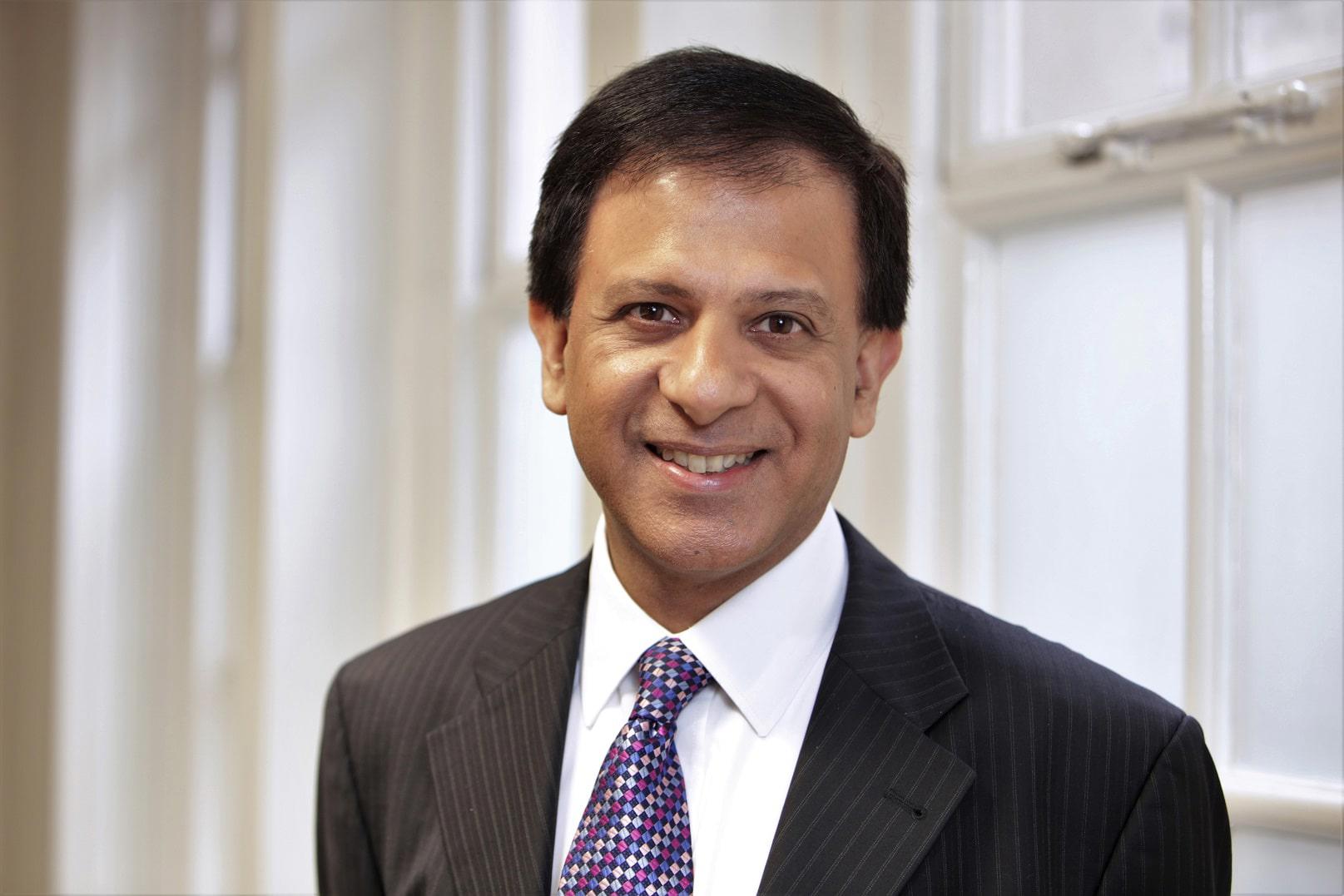Chancellor Rishi Sunak delivered his comprehensive spending review in Parliament on 25 November 25 but only provided £1bn of the £11bn estimated as necessary to deal with the unprecedented challenge of clearing a backlog of millions of patients who could not be seen or treated during the pandemic.
Mr Sunak announced a £6.3bn cash increase in NHS core spending, excluding COVID-19 funding, but concerns for the future sustainability of NHS services abound, with the money to be front-loaded this year and real terms growth dropping from 5.3 per cent to 2.4 per cent next year.
BMA council chair Chaand Nagpaul said: ‘Today was a golden opportunity for the chancellor to make good on his word to give the NHS whatever it needs to tackle the ongoing impact of COVID-19 on our health service, its staff and patients. However, given the scale of the task at hand, today’s announcements are unlikely to be enough to address the urgent health needs of our nation.
‘The NHS faces an unprecedented challenge of a backlog of millions of patients who were unable to be seen or treated during the pandemic and are still waiting for non-COVID care; the BMA – as we outlined earlier this week – estimates that this alone will cost almost £11bn to fund, so the £1bn pledged today is beyond inadequate and will mean that patients will continue to suffer.’
'Ambitious projects'
 NAGPAUL: 'Money pledged to build and upgrade hospitals is nowhere near enough'
NAGPAUL: 'Money pledged to build and upgrade hospitals is nowhere near enough'
The chancellor also announced a multi-year capital funding commitment of £3.7bn to go towards building 40 new hospitals – some way off the estimated £12bn to £24bn this is expected to cost.
‘Money pledged to build and upgrade hospitals is nowhere near enough needed for such ambitious projects, while the funding for repairs to NHS buildings will not even cover the existing maintenance bill of £6.5bn,’ Dr Nagpaul said.
Funding announced for mental health services, public health and social care all fell way below the mark required to reverse cuts during the 2010s and to alleviate pressure across the health system.
Dr Nagpaul said: ‘The NHS, public health and social care all went into the current crisis underfunded, understaffed and overstretched. While the injection of £1.5bn to the NHS this winter may go some way to alleviate some pressure in the immediate weeks, we need guarantees that increased spending this year will be sustained in the long term if it is to undo the damage wrought by years of underinvestment.
‘Again, £500m for mental health services may recognise the increased demand this year, but it doesn’t make up for historic cuts, with a long-term funding boost desperately needed, especially when we are already seeing the impact the pandemic is having on the population’s mental health.’
Pay freeze
Mr Sunak also announced a freeze on public sector pay, with the exemption of NHS workers. It comes after a period of remarkable strain for doctors and other staff working across the health system with professionals going above and beyond the call of duty on a daily basis and putting their lives on the line despite historic cuts in pay and vast workforce shortages.
Dr Nagpaul said: ‘The Government is right to want to identify and support those on the COVID front line who have been, and remain, essential to helping our country through this pandemic. Since March the impact of COVID-19 has taken its toll on doctors, nurses and all health and social care staff right across the UK, with many of our colleagues falling seriously ill and others tragically losing their lives.
'They are, however, not the only ones, and the Government should have considered the impact on many other members of the public sector – including doctors and nurses working in our armed forces – who have also borne the brunt of COVID-19, and who have regrettably not been recognised today.’
Recognise efforts
He added: ‘As a result of COVID-19 we have seen doctors going above and beyond what is normally required of them, going so far as to put their lives on the line on a daily basis, and they have done this despite the historic cuts in real terms pay inflicted on them over the past decade.
'It is therefore only right that the Government does not intend to freeze pay, but at a time when burnout and morale are so critical the chancellor should go further and make clear that he intends fair pay increases in recognition of the extraordinary efforts of the whole healthcare workforce.
‘We appreciate the scale of the economic challenge the country is facing, but failing to invest properly in the nation’s health at such a crucial time will have a devastating impact across society for years to come.’

